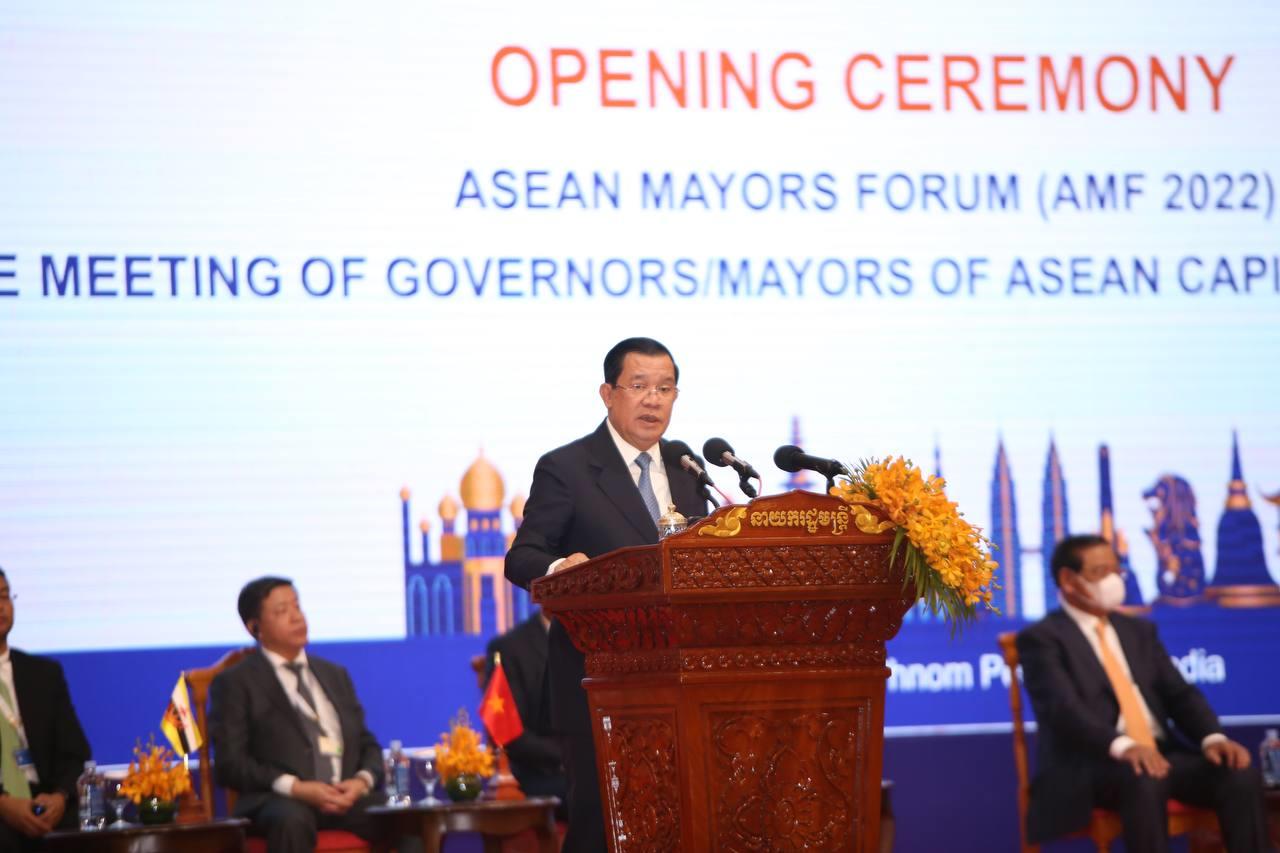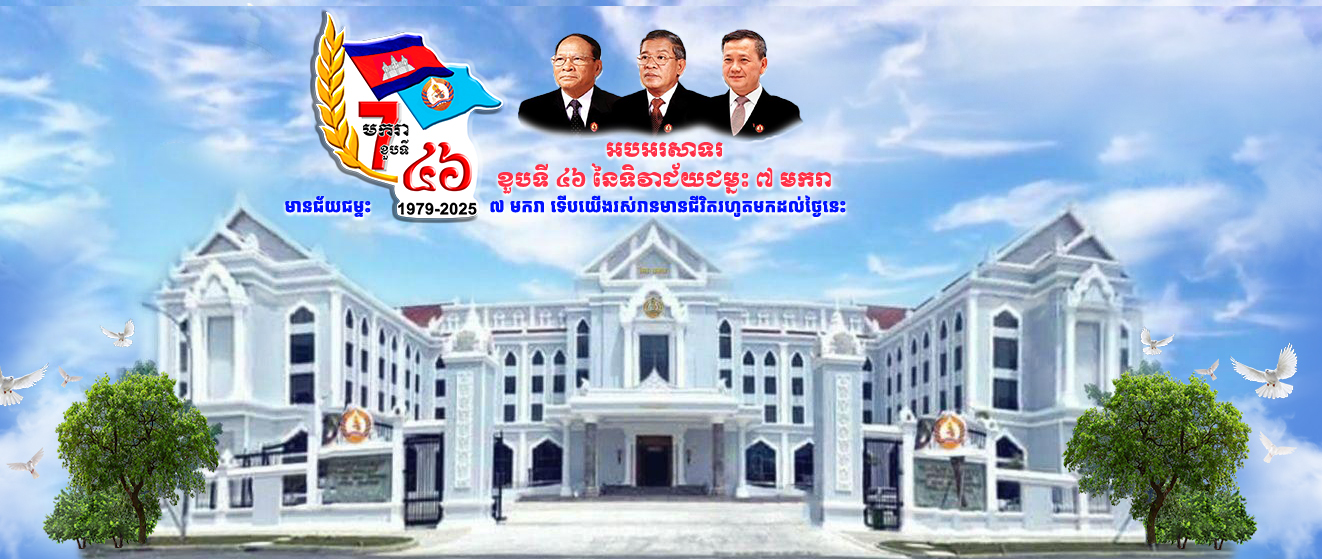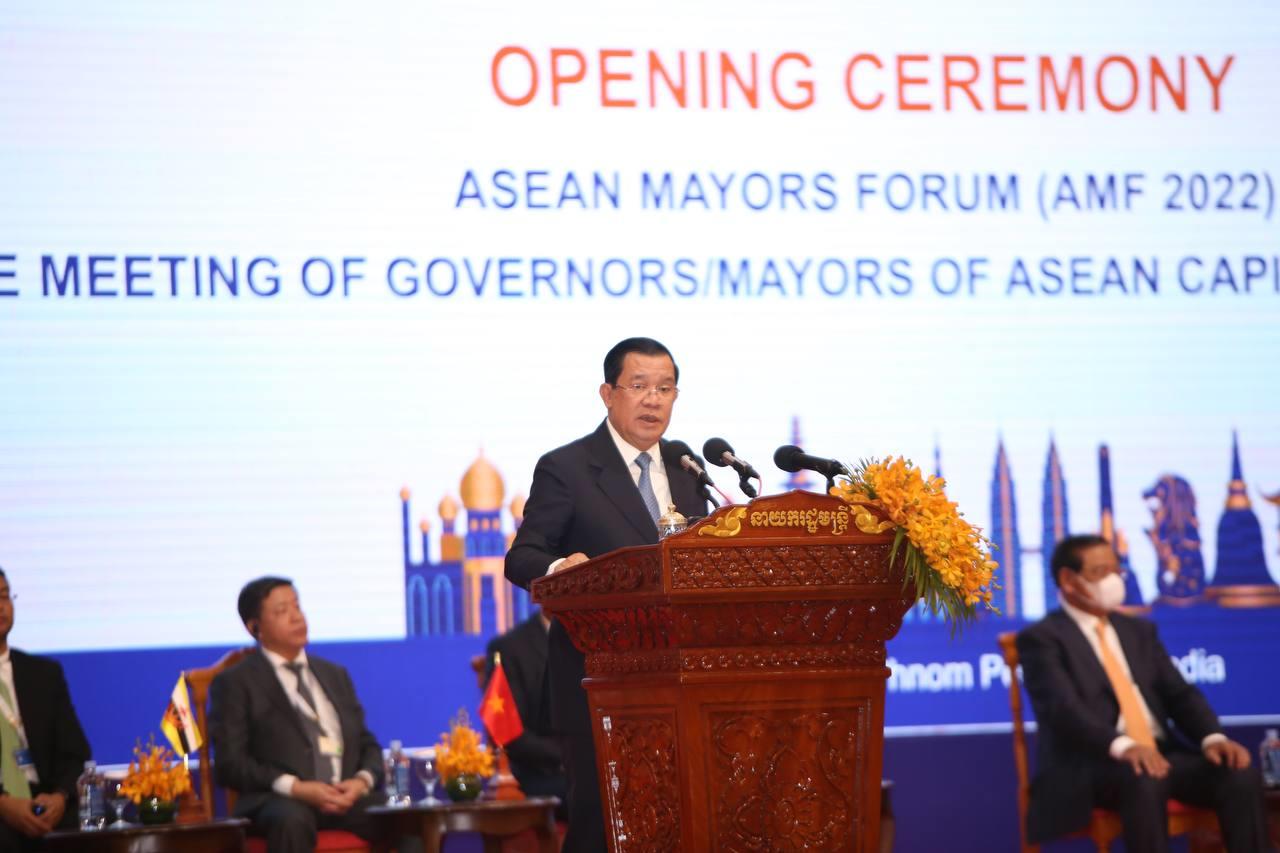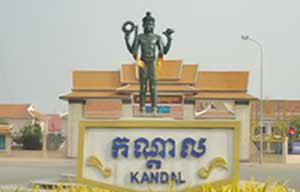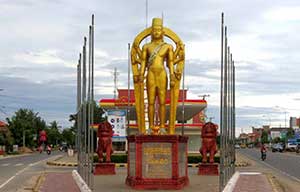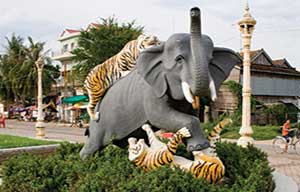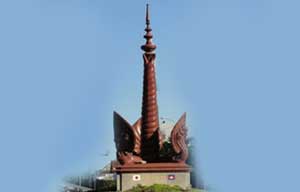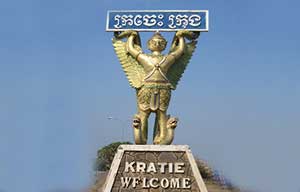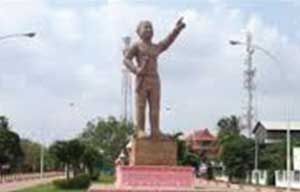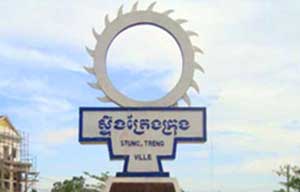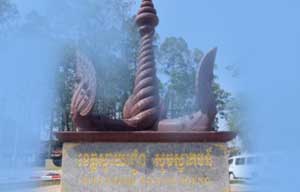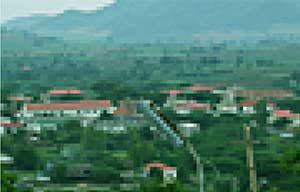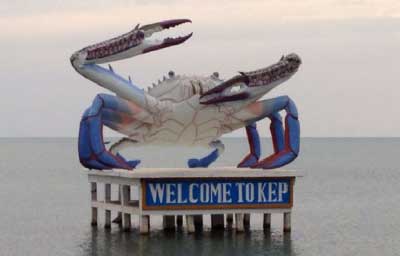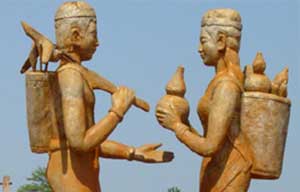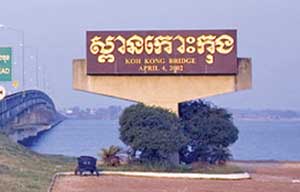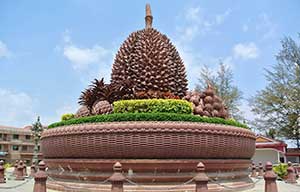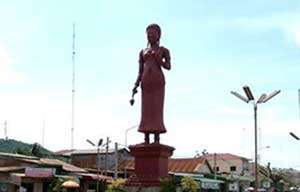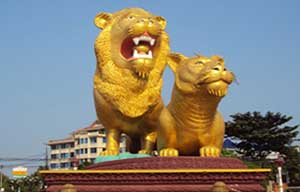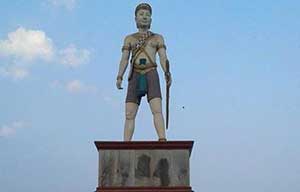Prime Minister Samdech Akka Moha Sena Padei Techo Hun Sen as the Chair of ASEAN 2022 expressed welcome to the expansion of membership of the ASEAN Smart Cities Network (ASCN).
Addressing to the opening ceremony of the ASEAN Mayors Forum (AMF 2022) and the Meeting of Governors/Mayors of ASEAN Capitals (MGMAC 2022) held here this morning, Samdech Techo Hun Sen said ASCN, established in 2018, has been making significant contributions to realising the ASEAN Vision 2025, Master Plan on ASEAN Connectivity (MPAC 2025) and Initiative for ASEAN Integration (IAI) Work Plan III and the commitment to realise the 2030 Sustainable Development Agenda and the New Urban Agenda.
This ASCN framework has promoted the implementation of the Smart City Action Plans (SCAPs) and facilitated the development of information technology platforms and investment tools for ASEAN smart cities, through exchanging knowledge and experiences, strengthening partnerships and bridging resource gap, he added.
“In this spirit, as the Chair of ASEAN in 2022, I highly appreciate and welcome the expansion of membership to three additional cities of each ASEAN member from 2022 to 2025,” he stressed.
Samdech Techo Hun Sen recalled that during the recent 40th and 41st ASEAN Summits and Related Summits hosted by Cambodia, ASEAN Leaders welcomed the ASEAN Sustainable Urbanisation Forum Report, which will strengthen the knowledge on trends in sustainable urbanisation across the ASEAN region, and link the ASEAN Sustainable Urbanisation Strategy to the Sustainable Development Goals and the New Urban Agenda.
At the same time, the ASEAN Chair highlighted the importance of building smart and green cities which have great potentials in addressing common issues of urban planning in an innovative way, strengthening resilience to various risks, and especially improving the well-being and prosperity of the livelihoods of local people in a new normal, as well as promoting stronger socio-economic, business, trade and investment activities, and providing job and business opportunities to the general population in countries and the entire ASEAN region.
On the occasion, Samdech Techo Hun Sen shared some personal recommendations as inputs for strengthening and promoting stronger ASEAN cooperation in building and connecting ASEAN cities towards a sustainable, inclusive and resilient ASEAN community:
“First. Ensuring peace, security, stability and prosperity is the main and most important foundation for building smart, resilient and sustainable cities;
Second. The most important goal of building a city or a country is to improve the living quality of the people in terms of well-being, prosperity and resilience. In the context of high uncertainties, ASEAN city and capital administrations need to focus on building smart cities, by taking into account the changing lifestyle in a new normal, the adaption to demographic changes or any possible change that may occur in the presence and future;
Third. Building smart, resilient and sustainable cities requires participation of all stakeholders, including local governments, the private sector, development partners, national and international institutions, and especially the local people. In this regard, ASEAN city and capital administrations, which are directly close to the people, must promote local awareness and capacity to embrace digital technology, as well as focusing on the circular economy and green economy. At the same time, ASEAN city and capital administrations must also create conducive environment for businesses, trade and investment and solve existing problems affecting the daily lives of the people;
Fourth. Within the regional framework, all ASEAN city and capital administrations must work together to accelerate and expand the potentials of ASEAN smart cities connectivity and integration, by jointly promoting digitalisation and digital transformation, which have high potentials in developing and connecting all sectors in countries and the region; and
Fifth. The gap in building smart cities in the region is likely to occur due to the growing trend in the digital technology gap. In this regard, the ASEAN city and capital administrations need to further promote a culture of exchanging knowledge and sharing experiences in building smart cities, in particular, building physical and digital infrastructure as well as ensuring security, stability and urban beauty through the effective management of clean water, electricity and waste. At the same time, I would like to recommend aligning efforts in designing and promoting the implementation of practical joint action plans such as SCAPs to ensure a true inclusiveness in the region. Taking this opportunity, I would also like to ask ASEAN local governments to support the ‘ASEAN Green Deal’ which Cambodia has proposed as the ASEAN Chair in 2022, aiming to contribute to the building of greener ASEAN smart cities with more efficient uses of resources.”
Governors and representatives from over 100 cities of ASEAN member countries and outside the bloc are gathering in the ASEAN Mayors Forum and the Meeting of Governors/Mayors of ASEAN Capitals being held at Sokha Phnom Penh Hotel on Dec. 2-3.
